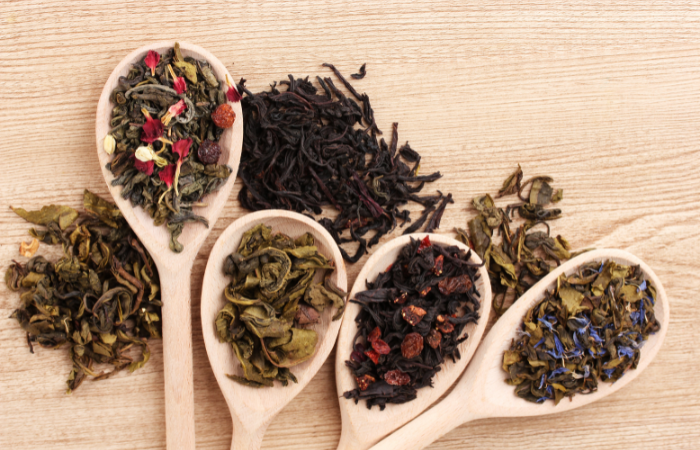
To start with, our girl mother nature is full of amazing friends just waiting for us to meet. One such friend is nervine herbs! These guys are fantastic allies. Most notably, they help to restore, support and soothe the Autonomic Nervous System or ANS. The ANS is part of the nervous system that controls our involuntary physiological reactions, influenced by stress. Read more about how stress can damage your mind and body in this post. When you start to sense danger or a threat in your environment, it turns on the sympathetic nervous system (fight, flight or freeze). Now, your body begins to mobilize huge amounts of energy and resources. All of this is done to try and adapt to the stress in the environment. As a result, we tap into our bodies vital resources, which drains these resources away from other important functions, such as healing.
Disclaimer: This post contains affiliate links. If you use these links to make a purchase, I will earn a small commission at no additional cost to you. Read this Affiliate Disclosure for more information. Thank you.
What Nervine Herbs Do
The ANS guides nearly everything we do; our senses, breathing, sweating, walking, thinking, remembering, learning, feeling, emotions, and more. Mainly, nervine herbs are used to bring us from the sympathetic state (fight, flight or freeze), into the parasympathetic state (rest and digest). In the parasympathetic state we are able to heal and re-charge, aim to be in this state as often as possible 😉 Indeed, the sympathetic state has a time and a place, we just don’t want to live there.
For thousands of years folk healers have used these herbs to help treat various ailments affecting the central nervous system. Thankfully, herbalists passed down to us which herbs they used historically. Slowly, the mainstream is catching up to their benefits. Many of these herbs also act as antidepressants, nootropics, relaxants, sedatives, hypnotics, and analgesics. There are three main groups of nervine herbs: tonics, relaxants and stimulants. I will discuss the tonics and relaxants today. Since I want to focus on the herbs that will soothe our nervous system, not stimulate it!
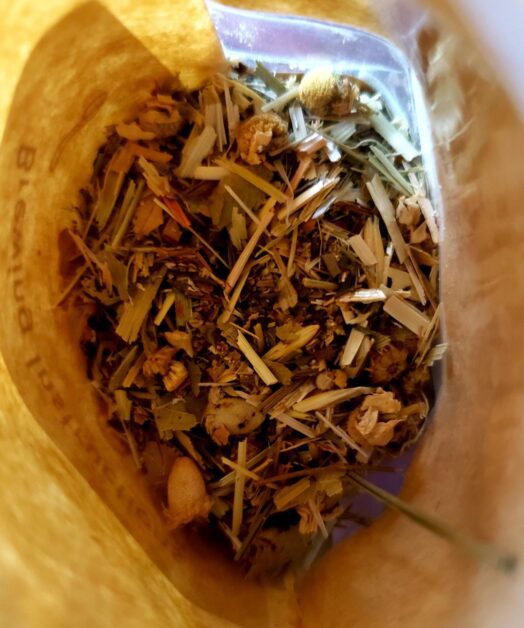
Nervine Tonics
First up are nervine tonics. This group is also referred to as Trophorestoratives. Specifically known to replenish tissue in our nervous system. Namely, if you live with chronic stress, nervine tonics are very beneficial. In the long term, they are said to nourish and support the nervous system. Whereas, in the short term can induce feelings of relaxation and wellbeing.
Examples of Nervine Tonics Include:
- Milky Oats (Avena Sativa)- Can harvest the stem and dry it to make into oatstraw. Rich in vitamins, minerals and proteins. Said to help with: depression, insomnia, anxiety, improve cognitive function, exhaustion, and more.
- Skullcap (Scutellaria Lateriflora)- Used traditionally in Chinese and Native American medicine. May help with anxiety, convulsions, irritability, boosting mood, and calming racing thoughts. Believed to help with: fever, inflammation, respiratory infections, jaundice, cough, pain, headaches, hypertension, ect.
- Gotu Kola (Centella Asiatica)- Known in Asia as “A Miracle Elixir of Life” and used for thousands of year in India, China and Indonesia. May help with: stress, anxiety, depression, alleviate mental strain, and relaxing. Said to treat: varicose veins, boils, sore throat, abdominal pain, glaucoma, UTI’s, ect.
- Brahmi (Bacopa Monnieri)- Called “Herb of Grace”. Has 3, 000 years of use in Ayurveda. Used for: enhancing cognitive function, strokes, brain injuries, insomnia, anxiety, epilepsy, memory, and more.
Nervine Relaxants
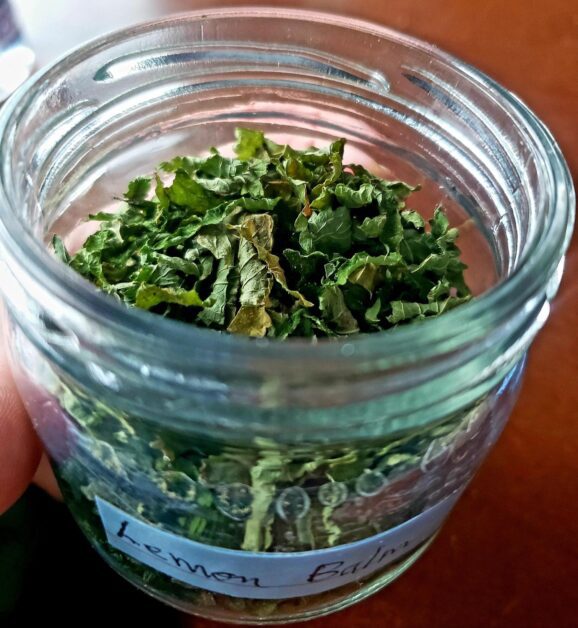
Second, nervine relaxants do as their name suggests: calm and relax our minds, bodies, and nervous system. When you feel yourself in fight or flight and need to calm yourself down quickly, this group will do the trick. Thus, helping with stress, irritability, and tension. This group includes two subcategories: relaxants and sedatives. Notably, the sedatives are to be taken at night for a deep sleep or if you have insomnia. Not to be taken during the day in most cases!
Examples of Relaxants:
- Lemon Balm (Melissa Officinalis)- Great to cook with, adding a lemony flavor, and a variety of nutritional benefits. Used for centuries by ancient Romans and Greeks to: calm the heart and body, uplift the spirit, reduce stress and anxiety, improve appetite, help digestion, improve sleep.
- Chamomile (Matricaria Chamomilla)- Used for thousands of years all over the world. In ancient Egypt, they gave it as an offering to their gods. Promotes relaxation, helps digestion, lifting the mood. Also soothes: agitation, depression, anxiety, and insomnia.
- Lavender (Lavandula Angustifolia) – Has a long history dating back to the Egyptians using it during mummifications. Many uses like cooking, aromatherapy, bathing, ingredient in perfumes and taken orally. Can help with: calming the nervous system, anxiety, depression, pain relief, repelling insects and relaxing muscles.
These three are often used together as sleep aids. Examples of Sedatives:
- Passionflower (Passiflora Incarnata) – Traditionally used by Native American tribes; Apalachee, Cherokee, and Houma. Over 500 species of passionflower. Can help with: calming the mind, promoting deep sleep, help treat stomach problems, anxiety, depression, inflammation, lowering blood pressure, ect.
- Hops (Humulus Lupulus)- A long history of use dating back to at least 9th century Europe. May help with: digestion, leprosy, deep sleep and insomnia, stress, and pain.
- Valerian Root (Valeriana Officinalis) – This herb may actually stimulate some people, depending on their composition, so take with caution. Its history dates back to the Greeks. Used for: deep sleep and insomnia, nervousness, diuretic, epilepsy, increasing circulation, relaxing muscles ect.
Final Thoughts
Finally, when you start out using herbs, it is important to do research on the ones you are considering. In addition, talk to your healthcare practitioner too, especially if on medications or have health conditions. Of course, there are many knowledgeable herbalists out there too! Since each herb can react differently in people, like valerian root, some may not be right for you. Usually, I proceed with caution at first, and start with a low dose, working my way up. Some herbs I enjoy; ashwagandha, ginkgo biloba, rhodiola, skullcap, a sleep blend (valerian, & hops), milky oats, chamomile, green tea, dandelion and more! I love my little herbal buddies! 🙂
Latest Posts:
- What Grief Has Taught Me
- Unique Gift Ideas For The Spiritual Person In Your Life
- Healthy Chocolate Pudding Recipe
- My Weird Everyday Health Habits
- 6 Easy Ways To Enter The Present Moment
Sources:
https://www.thesacredscience.com/nervine-herbs-101-your-simple-guide/
https://mountainroseherbs.com/
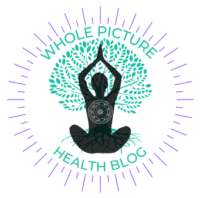




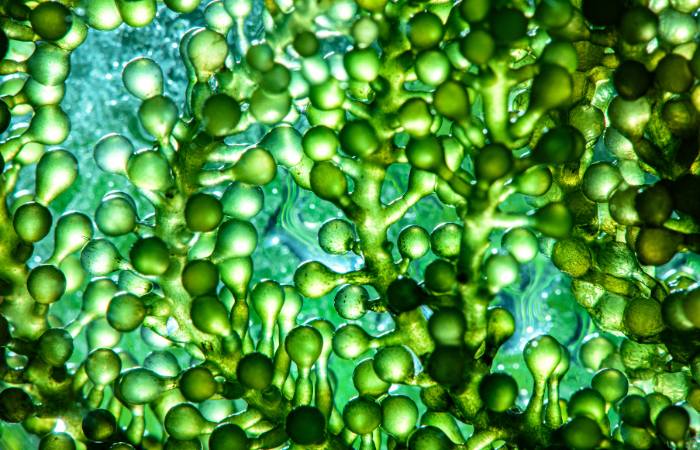
I didn’t know this. I might have to try them out and see how they work for me. I’m intrigued!
Herbs are magical. They have many health benefits.
These herbs sound like a lifesaver. I have been under so much stress and I really want something natural to help me.
Hi intriguing! I love chamomile tea and diffusing lavender. Reading this just makes me that much more motivated and excited to incorporate more stress relieving and relaxing herbs into my daily. Thank you!
Wow, thanks for the informative article on nervine herbs. I had no idea how amazing nervine herbs are in restoring and soothing our Autonomic Nervous System, which is responsible for our involuntary physiological reactions influenced by stress. I particularly appreciate how the article explained the benefits of these herbs and how they can guide us from the sympathetic state (fight, flight, or freeze) to the parasympathetic state (rest and digest), allowing us to heal and recharge.
This is an informative article on nervine herbs. My family is trying to incorporate elements from Mother Nature into our healing so I am glad I found this article.
This is the first time I’m hearing of nervine herbs and now I’m so interested to try!
This is a really great and very informative post! This is the first time I’ve heard about nervine herbs its interesting
I didn’t know any of this but it’s so interesting! I need to try them out 🙂
These nervine herbs sound like they would make for a great addition to one’s daily routine!
So interesting! I use herbs a lot, but I wasn’t familiar with this terminology. Nice to learn something new.
I love these kind of herb! Some of them I already have at home and I will try them for sure!
This is so interesting — I hadn’t even heard about any of this, but it’s definitely worth checking out.